From August 1-7 every year, World Breastfeeding Week is celebrated widely in many countries and territories to raise awareness about the benefits of breastfeeding.
Initiated in 1992 by the World Alliance for Breastfeeding Action (WABA), this event has become an annual activity globally.
In 2025, with the theme “Prioritizing breastfeeding - Creating a sustainable support system,” the Week aims at the message: taking care of the health of mothers and babies, while promoting action for a sustainable environment in the context of increasingly unpredictable climate change.
Health platform and love connection
Giving birth at the 38th week of pregnancy, Ms. Nguyen Thu Trang (32 years old, Dong Da ward, Hanoi ) shared that the first hours after giving birth were a stressful time. The baby kept crying because of hunger while the mother had no milk. Feeling anxious and tired after giving birth made her even more stressed.
While struggling with the pain after surgery, she also sought information and listened to advice from experts. After three days of persistent breastfeeding, her milk began to come in more. “No matter how hard it is, I try to breastfeed my baby, breastfeeding is still the best choice,” Thu Trang shared.
According to specialist Dr. Duong Thi Hanh (Medlatec Clinic, Hanoi), breast milk is the optimal source of nutrition for infants and young children, especially in the first 6 months of life. Not only does it contain all the essential nutrients suitable for each stage of development, breast milk is also rich in natural antibodies that help children strengthen their immune system, reducing the risk of diseases such as pneumonia, diarrhea, allergies and many other diseases.

“In addition to health benefits, breast milk is also a sacred emotional bond between mother and child. Breastfeeding not only benefits the baby, but also helps the mother recover faster after giving birth, while saving the family significant costs compared to using formula milk,” shared Dr. Duong Thi Hanh.
According to the World Health Organization (WHO), breast milk is the ideal source of nutrition for infants. In the first months of life, breast milk provides all the energy and essential nutrients. As children grow, breast milk continues to play an important role, meeting about 50% of nutritional needs in the second half of the first year and about 1/3 in the second year.
However, efforts to promote breastfeeding are still hampered by inappropriate marketing of breast milk substitutes, which erodes confidence and negatively affects the maintenance and duration of breastfeeding.
The reality is that breastfeeding is not as simple as people think. Dr. Duong Thi Hanh said that during examinations, many mothers, especially those who give birth for the first time, often encounter difficulties because they have not been properly instructed on how to breastfeed. Incorrect latching causes the baby to have gas and hiccups, while the mother feels pressured because she has to breastfeed continuously or express milk on the hour.
One of the common problems is mastitis, which occurs when a large amount of milk is produced but not fully consumed or not properly expressed. If not treated promptly, this condition can cause pain, infection and greatly affect the mother's health, even forcing her to stop breastfeeding early.
From practical experience, experts recommend that mothers should be carefully advised on the correct breastfeeding position, learn how to massage and express milk to prevent clogged milk ducts. In addition, training babies to breastfeed on schedule also helps establish a stable biological rhythm and reduce stress for mothers. “Breastfeeding is a journey that requires perseverance, knowledge and especially support from family, community and the health system. When accompanied properly, mothers can exclusively breastfeed their babies for the first 6 months and continue to maintain it until the baby is 24 months old,” Dr. Hanh emphasized.
From children's health to environmental protection solutions

Not only is breastfeeding essential for the health of mother and baby, it is also recognized as a practical action that contributes to environmental protection.
This is also the highlight of the message of World Breastfeeding Week 2025, in the context that the world is facing major challenges of climate change, resource depletion and environmental pollution.
According to WABA, if every mother with a child under 6 months of age breastfed for an additional month, the positive environmental impact would be equivalent to planting 300,000 trees. Meanwhile, the production and consumption of formula milk – which is a popular alternative today – consumes huge amounts of resources and emits significant amounts of greenhouse gases.
Specifically, the production of infant formula in low- and middle-income countries emits up to 7.5 billion kg of CO₂, equivalent to the emissions of a car traveling 30 billion km. At the same time, the amount of water consumed in this process is up to 2.6 billion m3, equivalent to more than one million Olympic swimming pools.
In developing countries alone, the use of infant formula for babies under six months of age generates as much greenhouse gas as two million cars, or the CO₂ absorption of 318 million trees in a year. These figures demonstrate the power of breastfeeding not just in childcare, but on a global environmental scale.
WABA and international health and environmental organizations call on governments, social organizations and businesses to join hands to create practical support systems, such as extending maternity leave, building breastfeeding spaces at workplaces, enhancing postnatal counseling services and protecting women's right to breastfeed./.
Source: https://www.vietnamplus.vn/tuan-le-nuoi-con-bang-sua-me-chung-tay-vi-suc-khoe-tre-em-moi-truong-ben-vung-post1052869.vnp









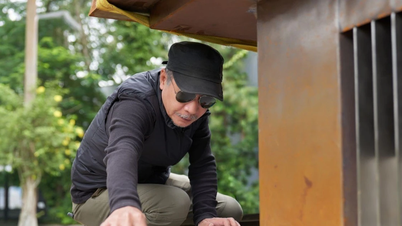



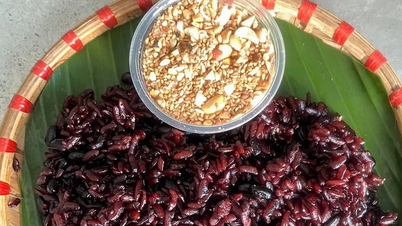

















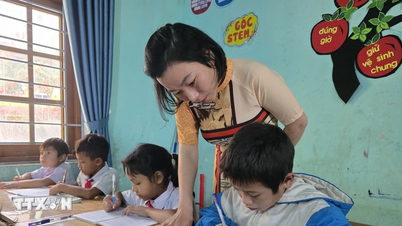












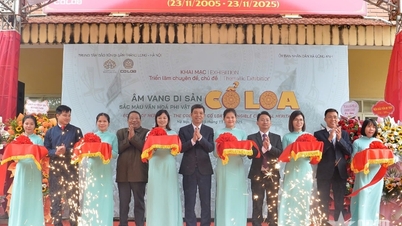

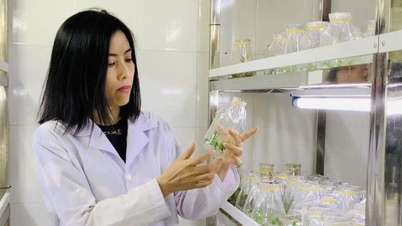

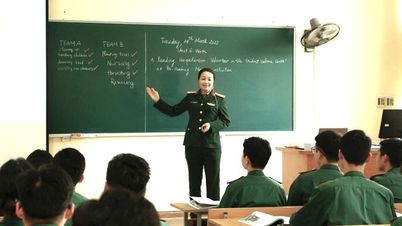




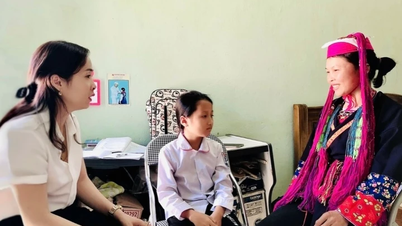






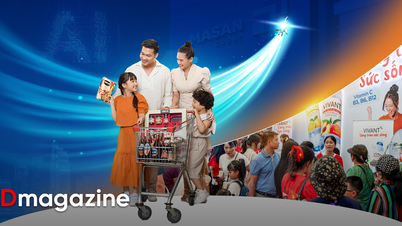


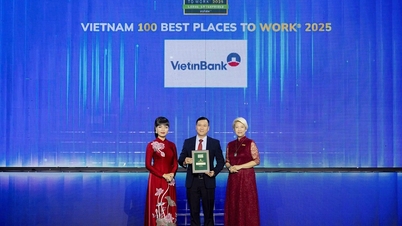















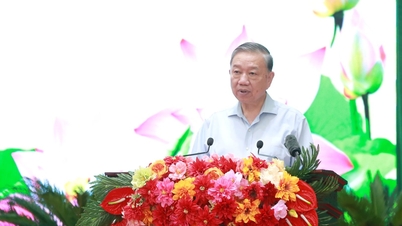









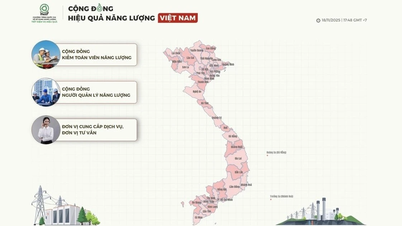

















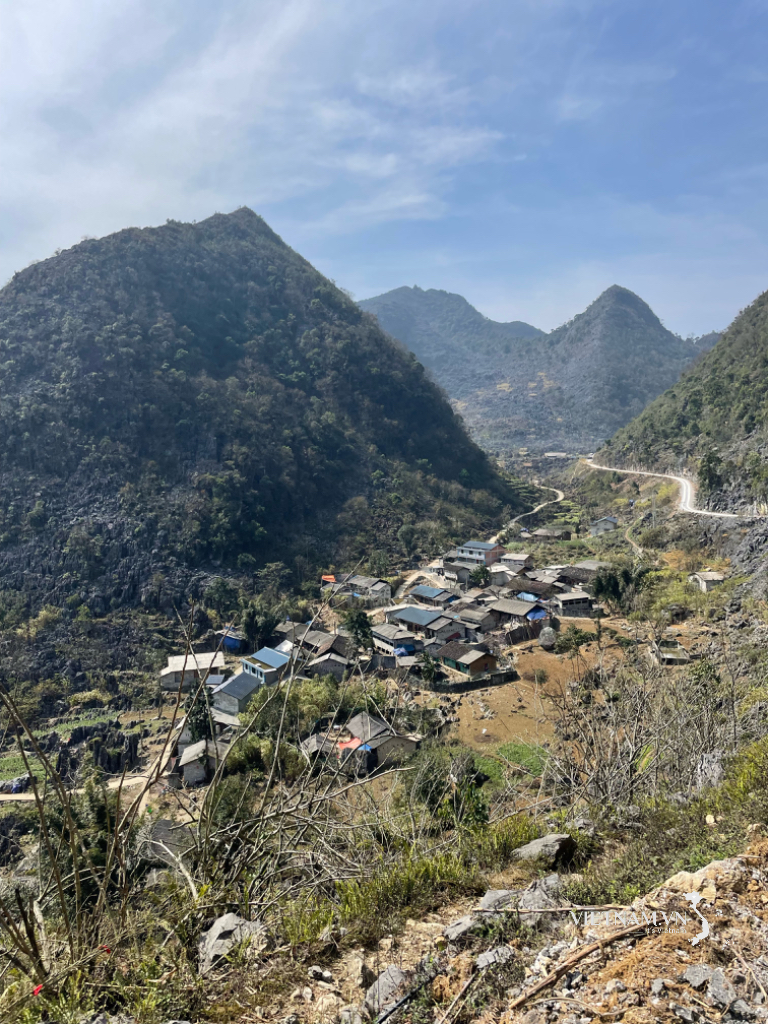


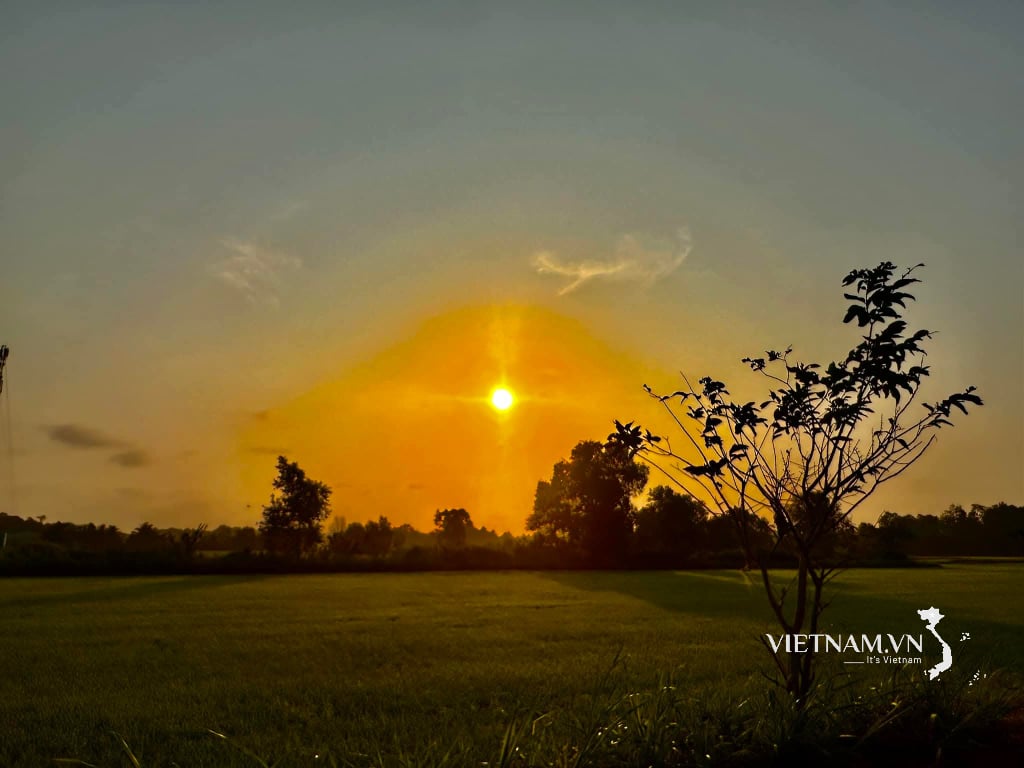
Comment (0)